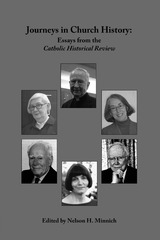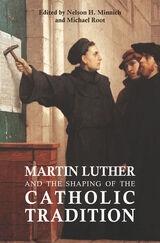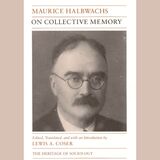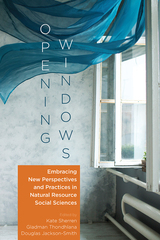2 books by Minnich, Nelson

Journeys in Church History
Nelson Minnich
Catholic University of America Press, 2015
This collection of essays is taken from the pages of The Catholic Historical Review, the official organ of the American Catholic Historical Association and the only scholarly journal under Catholic auspices in the English-speaking world devoted to the history of the Universal Church. Journeys in Church History offers reflections from six leading contemporary church historians, who describe in their own words how they have come to practice their craft. They trace their family and educational backgrounds, the themes that attracted their attention, the challenges they encountered in researching them, the new methodologies they adopted to answer questions, and the reception given to their findings. They also tell of their experiences in the classroom, both as students and teachers, the difficulties they encountered in their careers due to prejudices based on gender or religion, and how the discipline of church history has changed over their lifetimes. Their often entertaining accounts will serve to inform and inspire fellow historians, both young and old.
The contributors to this volume are: Elizabeth Clark, who pioneered studies of the role of women in the early Church. Caroline Bynum showed how Christians viewed gender and the human body. Jean Delumeau studies the religious attitudes (mentalité) of the ordinary faithful and how these were shaped during the medieval and early modern periods. John W. O'Mally documents that Renaissance humanism was not pagan but profoundly Christian. The promotion of institutions of higher education under the auspices of the Catholic Church in America has been studied by J. Philip Gleason. Margaret Lavinia Anderson was among the first to use computers to analyze voting patterns in modern Germany and thus determine the influence of the Center Party.
The contributors to this volume are: Elizabeth Clark, who pioneered studies of the role of women in the early Church. Caroline Bynum showed how Christians viewed gender and the human body. Jean Delumeau studies the religious attitudes (mentalité) of the ordinary faithful and how these were shaped during the medieval and early modern periods. John W. O'Mally documents that Renaissance humanism was not pagan but profoundly Christian. The promotion of institutions of higher education under the auspices of the Catholic Church in America has been studied by J. Philip Gleason. Margaret Lavinia Anderson was among the first to use computers to analyze voting patterns in modern Germany and thus determine the influence of the Center Party.
[more]

Martin Luther and the Shaping of the Catholic Tradtion
Nelson H. Minnich
Catholic University of America Press, 2022
When Martin Luther distributed his 95 Theses on indulgences on October 31, 1517, he set in motion a chain of events that profoundly transformed the face of Western Christianity. The 500th anniversary of the 95 Theses offered an opportunity to reassess the meaning of that event. The relation of the Catholic Church to the Reformation that Luther set in motion is complex. The Reformation had roots in the late-medieval Catholic tradition and the Catholic reaction to the Reformation altered Catholicism in complex ways, both positive and negative. The theology and practice of the Orthodox church also entered into the discussions. A conference entitled “Luther and the Shaping of the Catholic Tradition,” held at The Catholic University of America, with thirteen Catholic, Orthodox, and Protestant speakers from Germany, Finland, France, the Vatican, and the United States addressed these issues and shed new light on the historical, theological, cultural relationship between Luther and the Catholic tradition. It contributes to deepening and extending the recent ecumenical tradition of Luther-Catholic studies.
[more]
READERS
Browse our collection.
PUBLISHERS
See BiblioVault's publisher services.
STUDENT SERVICES
Files for college accessibility offices.
UChicago Accessibility Resources
home | accessibility | search | about | contact us
BiblioVault ® 2001 - 2024
The University of Chicago Press









